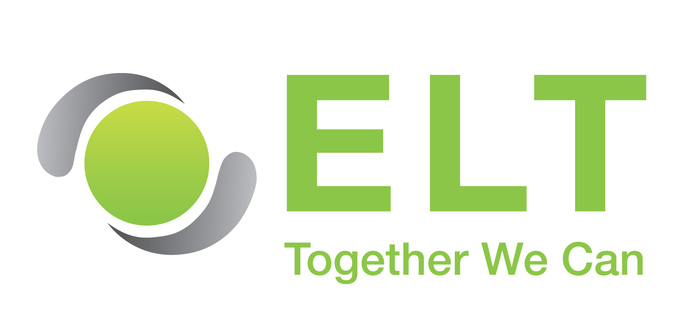Spirituality
Our definition of Spirituality at St Andrew’s is: something that touches us all. It is a connection to something that is bigger than ourselves. It is about awe and wonder, asking ultimate questions and being inspired to look beyond ourselves and serve and care for others and nature.
Spiritual Development
St Andrew’s Primary School is a Church School that is committed to encouraging the exploration of the Christian faith and values, while being open to other faiths, beliefs and values. Pupils’ spiritual development is shown by their:
• Beliefs, religious or otherwise, which inform their perspective on life and their interest in and respect for different people’s feeling and values
• Sense of enjoyment and fascination in learning about themselves, others and the world around them, including the intangible
• Use of imagination and creativity in their learning
• Willingness to reflect on their experiences.
Aims
The Individual (Self)
To develop self-awareness, confidence, sense of worth, an understanding and application of personal values and beliefs, the ability to handle feelings and personal creativity.
Relationship to Others
To develop openness and awareness to differences, empathy and the individual’s awareness of their place within the wider group and community.
Relationship to the World & Universe
To develop a sense of wonder and awe, appreciation of the beauty and variety of nature and our inheritance through various cultures.
The Exploration of Bid Questions
To develop an awareness and ability to explore issues around questions of life and death.
Building Blocks of Spiritual Development
The "building blocks" of Spiritual Development are:
Self-Awareness or Self Knowledge. All humans need to be aware of, and acknowledge, their own inner life of thoughts, feelings and emotions. What does it mean to be human? This is an important part of developing self-respect, a sense of identity and self-worth. In turn, this enables us to value and respect others. Pupils will be given a range of opportunities to reflect upon and discuss their beliefs, feelings and responses to personal experiences.
Forming Relationships. An important part of personal growth is being able to develop relationships with others, recognising them as people of worth and value. This includes developing a sense of community and building social relationships. Pupils will be given the opportunity to develop an understanding of both their individual and group identity and to form and maintain worthwhile and satisfying relationships.
Asking Ultimate Questions. This is the search for meaning and purpose in life. It involves asking questions such as “Why me?” in times of suffering, or “What happens when you die?” The youngest children often ask the most profound questions of this type, and deserve to be taken seriously when they do so. We believe that it is important that this area of reflection and challenge is encouraged, not stifled. Ultimate questions are not limited only to RE and collective worship, but can arise at any time.
Uncertainty, Awe and Wonder. An awareness of one’s place in the world enables a person to live with natural doubt and uncertainty and encourages the search for meaning in life. When faced with eternity and infinity, or the wonders of the natural world and human achievements, feelings of awe and wonder are also a natural response. For some this may include experiencing feelings of transcendence which give rise to belief in the existence of God. It may also encourage a belief in ideals and possibilities of rising above one’s present experience of the world (e.g. by adopting and supporting specific causes or issues). Pupils will be given opportunities to reflect on, consider and celebrate the wonders and mysteries of life and to experience moments of stillness and reflection, for example in Collective Worship.
Beliefs and Values. This is the search for, and development of, personal beliefs and values which may or may not be shared with other members of the community. This naturally may include the development of religious beliefs, and as a church school we seek to be a supportive environment in which people can explore and clarify their own beliefs.
Creativity. This is the exercising of the imagination or intuition and insight so as to express one’s innermost thoughts and feelings, especially through the creative arts. Creative work can be an important tool for exploring some of the other areas of spiritual development, including the Creative Curriculum, Music, Art and opportunities beyond the traditional classroom setting.
Feelings and Emotions. The sense of being moved by kindness or beauty, or being hurt by hatred and injustice. This should bring a growing awareness of when it is important to control feelings and emotions. Pupils will be able to foster their emotional life and express their feelings in the community of the church school, knowing themselves to be accepted and loved as unique individuals. We recognise that these areas of experience are common to most people - they are the “third dimension” of existence alongside the physical and the mental. All the above experiences may be explained and explored in both religious and non-religious terms and demonstrates our commitment as a church school open to those with other faiths and beliefs.
Spirituality- Across the Curriculum including Collective Worship

